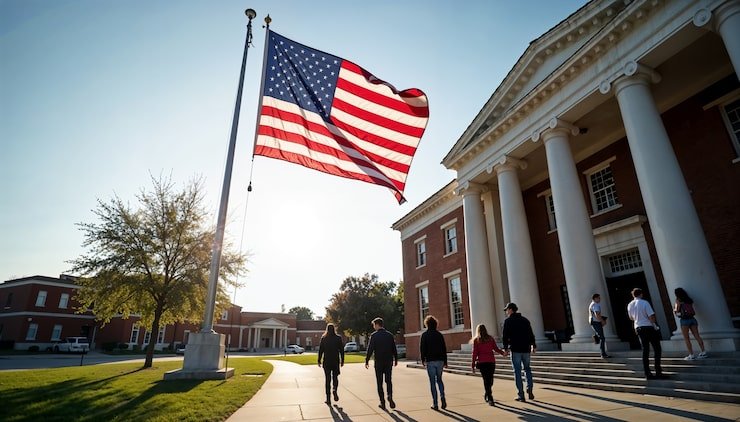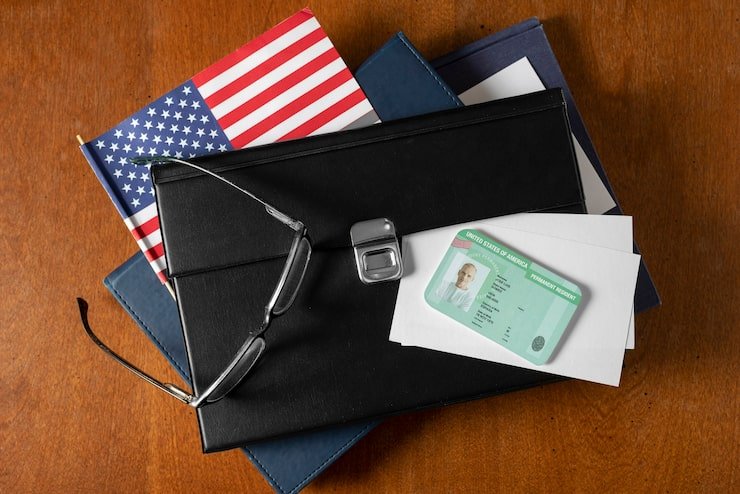Harvard’s Historic Surprise: ‘Copy’ of Magna Carta Proven to Be a Rare Original
Historians have confirmed that a manuscript, once believed to be an unofficial copy of Magna Carta, is in fact a genuine original from 1300 — one of the last versions issued under King Edward I. For nearly 80 years, it remained unnoticed in Harvard Law School’s library. In 1946, the university purchased it for just $27.50, unaware of its true value.

A Forgotten Treasure in the Archives
For decades, the document sat on the shelves, catalogued as “HLS MS 172.” Sotheby’s had listed it as a faded reproduction made in 1327. However, everything changed when two British historians, David Carpenter and Nicholas Vincent, launched a detailed investigation. They used ultraviolet imaging and textual analysis to examine the manuscript.
Not Just a Copy of Magna Carta — It’s the Real Thing
The researchers discovered that the handwriting, dimensions, and wording matched six surviving Magna Carta originals from 1300. These details confirmed its authenticity. Carpenter called the find “fantastic” and said it deserved recognition as one of the most important documents in constitutional history.
A Priceless Piece of Constitutional History
The document may be worth millions. In comparison, a 1297 Magna Carta sold for $21 million in 2007. This version likely came from Appleby, Cumbria, and passed through several families before reaching Harvard. Today, it stands not as a mere copy but as a true cornerstone of legal history — a voice from the past that continues to shape modern freedom.











